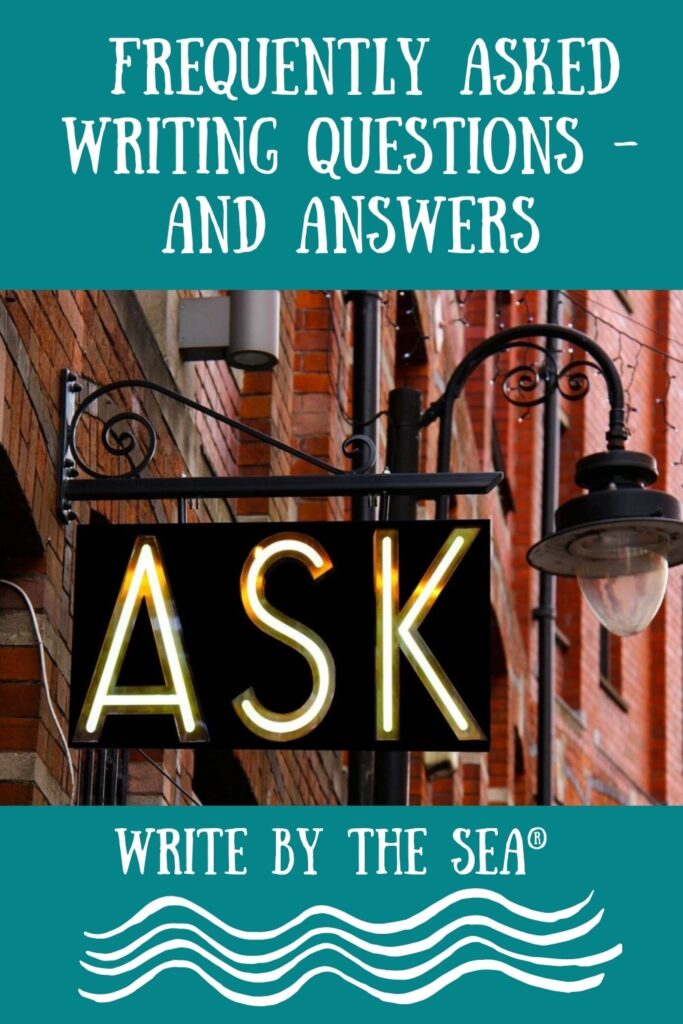
When writing dialogue, there are several common mistakes to avoid if you want to make sure your dialogue is engaging, believable, and effective.
Here are some key pitfalls to watch out for:
#1. Overuse of Exposition
Avoid using dialogue to dump information or backstory.
Let the dialogue flow naturally and reveal information subtly.
#2. Stilted Language
Dialogue should sound natural and reflect how people actually speak.
Avoid overly formal or unnatural phrasing unless it fits the character’s voice.
#3. Inconsistent Voices
Give each character a distinct way of speaking that reflects their personality, background, and current emotional state.
#4. Too Much Small Talk
While some small talk can make dialogue feel realistic, too much can slow the pace and bore the reader.
Focus on dialogue that advances the plot or develops characters.
#5. On-the-Nose Dialogue
Characters shouldn’t always say exactly what they mean or what’s happening.
Great dialogue often has a layer of subtext—what’s unsaid or implied.
This adds depth and realism, so subtext and allow readers to infer meaning.
#6. Ignoring Context
Dialogue should match the context of the scene.
For example, characters should speak differently in a heated argument than in a calm discussion.
#7. Excessive Tagging
Avoid overusing dialogue tags like “he said,” “she replied,” especially with adverbs.
Use them sparingly and only when necessary for clarity.
#8. Monotonous Structure
Vary the length and structure of dialogue lines.
Mix short, snappy exchanges with longer, more thoughtful responses.
#9. Unrealistic Speeches
People rarely speak in long, uninterrupted monologues.
Break up lengthy dialogue with interruptions, actions, or reactions from other characters.
#10. Lengthy Dialogue Tags
Avoid tags that include too much description.
#11. Forgetting Non-Verbal Communication
People communicate a lot through body language, facial expressions, and gestures.
Incorporate these elements to enrich your dialogue.
#12. Repetitiveness
Avoid repeating information or themes excessively through dialogue.
Trust your readers to understand and remember key points.
#13. Excessive Dialect/Accents
Using phonetic spellings to convey accents can be distracting and hard to read.
Instead, suggest accents through word choice, rhythm, and occasional unique phrases.
By steering clear of these common dialogue mistakes, you can create dialogue that is engaging, realistic, and serves your story effectively.
Now, read some easy tips for writing effective dialogue here.
Find out why you should practice writing dialogue, here.





